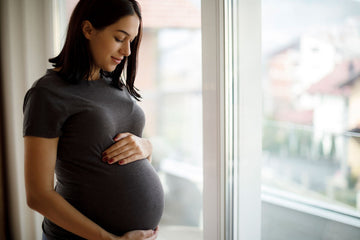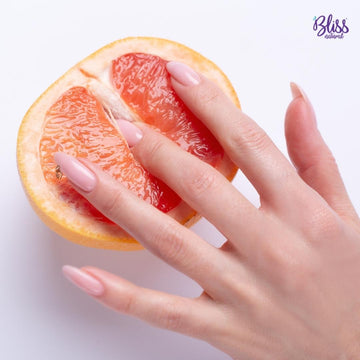Missing a period will bring you to the store for a pregnant test faster than anything else. It’s the most prevalent symptom of pregnancy, so it’s the first thing that springs to mind when your period goes missing.
Even so, you almost certainly know someone who claims to have had a complete period while pregnant. Even once your period starts, this can make you doubt whether you’re in the clear.
We’ll discuss if you should be concerned, what can cause bleeding during pregnancy, and how you can make your period more comfortable.
CAN YOU STILL HAVE A PERIOD WHILE PREGNANT?
You can’t be pregnant and have a period at the same time, to put it bluntly. It’s not possible physiologically.
Every month, your body goes through a cycle of preparation in preparation for a possible pregnancy. Your body prepares to release an egg at this time, and the lining of your uterus thickens so that the fertilized egg may be implanted.
If the egg is fertilized, it implants in the uterus, resulting in pregnancy. If you don’t, both the egg and the uterine lining will be shed. Your monthly period is made up of the uterus shedding, the egg, and blood.
You won’t get a period if the egg is fertilized because the uterine lining isn’t shed. That implies if you’re bleeding, you’re either not pregnant or something else is causing it.
WHAT CAN CAUSE BLEEDING IN A PREGNANT WOMAN?
While you won’t have a period once you’re pregnant, you may experience bleeding from various sources during your pregnancy. Some of the reasons for bleeding during pregnancy are listed below.
BLEEDING AFTER IMPLANTATION
Due to implantation, you may experience minor bleeding or spotting when you first get pregnant. You may have bleeding when the egg implants into the lining of your uterus. It usually starts within fourteen days of implantation, which is when your period would normally begin, so it’s easy to confuse implantation bleeding with your period. Implantation bleeding, on the other hand, is usually very light, considerably lighter than your regular period.
Implantation bleeding does not affect everyone. It isn’t a sign that anything is wrong with your pregnancy, but it isn’t very frequent either.
Irritation of the vaginal canal
Vaginal discomfort could be another cause of bleeding throughout your pregnancy. A tear or abrasion in your vaginal area might cause bleeding. Because this type of bleeding is so light, it’s unlikely that you’ll mistake it for your regular period.
Sexual activity or period care products could cause vaginal inflammation.
PLACENTA-RELATED PROBLEMS
When you become pregnant, your body will form a placenta, which is the organ that provides oxygen and nutrition to your baby. In addition, the placenta filters and removes waste from your baby’s blood.
The placenta clings to the uterine wall during pregnancy. Problems with the placenta can also cause bleeding during pregnancy. While placental bleeding is uncommon and should always be reported to your doctor, it does not always mean your pregnancy isn’t viable or that you won’t be able to carry your child to term.
BLEEDING ON AN INDIVIDUAL BASIS
Decidual bleeding is an uncommon type of bleeding that occurs during pregnancy. When a fertilized egg implants in your uterus’ thicker lining, it does so on one side only. The other side of the uterus, where the egg did not implant, is occasionally shed.
This most closely resembles a regular period because it occurs at the same time as your period and has a similar input. Because decidual bleeding is so similar to a typical period, it might make people feel like they’ve had one.
The opposite side of the uterine wall that does not have an egg implanted in it bleeds profusely. This may appear to be a time.
PREGNANCY WITH ECTOPIC PREGNANCY
Bleeding can also be caused by an ectopic pregnancy. When an egg is fertilised, it can sometimes implant anywhere other than the uterus, which is exceedingly rare. Ectopic pregnancies are most commonly found in the fallopian tubes.
Ectopic pregnancies can result in life-threatening hemorrhage. Bleeding is frequently heavy, even more so than with a regular menstruation.
Message from Bliss pads
It doesn’t have to be a mystery to try to get pregnant or avoid getting pregnant. Knowing what your body is capable of and how pregnancy occurs can help you feel more at ease about your period, when it arrives, and what it signifies.
Using products to help you stay comfortable during your period can make your monthly routine go more smoothly. Having a stock of period care items on hand allows you to treat an emergency like any other day.
Bliss natural makes period care products that are both functional and holistic, allowing you to feel good about what your body does for you and what you can do for it.





